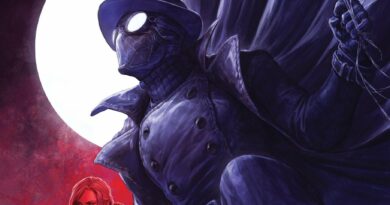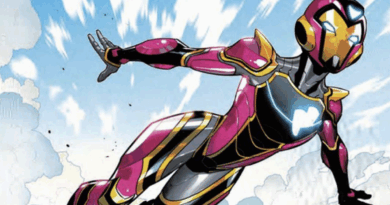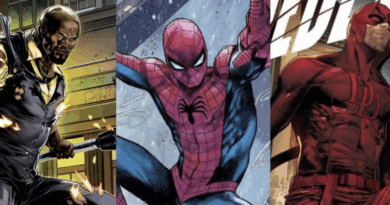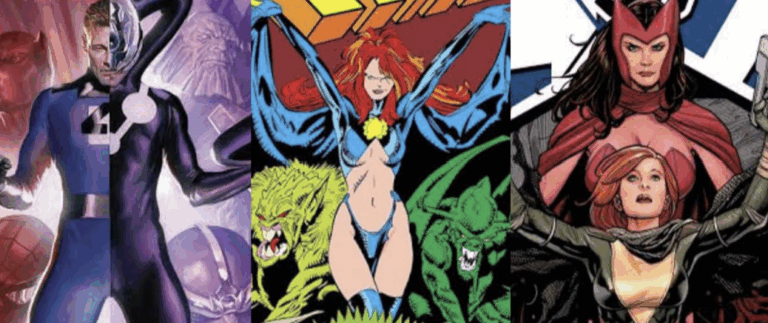
7 Marvel Comics That Are Way Too Much for First-Time Fans
With the massive success of the Marvel Cinematic Universe, more people than ever are trying to
dive into the world of Marvel Comics. But while the movies offer neatly packaged storylines, the
comics can be anything but beginner-friendly. Between decades of continuity, multiverse chaos,
and event fatigue, some Marvel storylines are a nightmare for newcomers.
Marvel has thousands of great comics, but not all of them are friendly to new readers. Here are
seven comics that are better appreciated with background knowledge.
- House of M (2005)
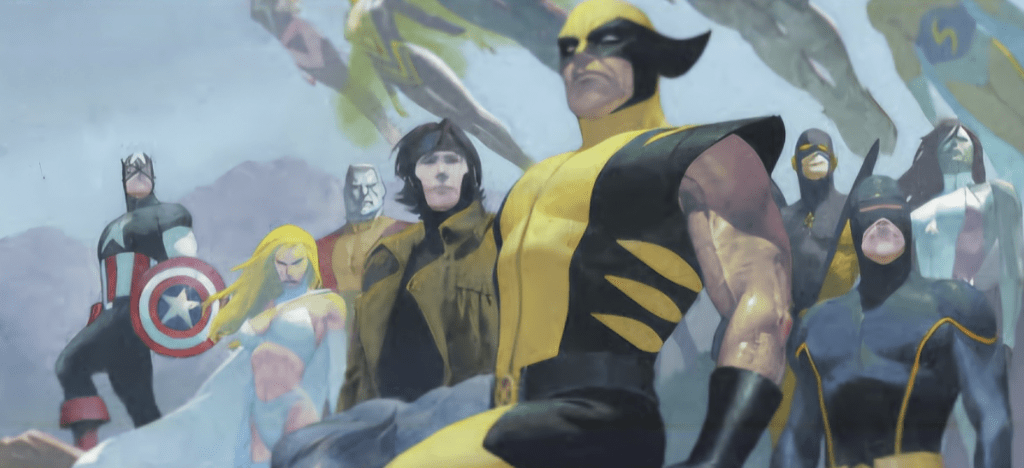
House of M is one of Marvel’s most famous reality-warping storylines, but it basically throws
readers into the deep end with no life jacket. The event centers around Scarlet Witch, whose
mental breakdown leads to the creation of an alternate reality where mutants reign supreme. It’s
emotionally charged, full of cameos, and ends with the iconic line: “No more mutants.”
But unless you already know who Wanda Maximoff is, understand her complicated relationship
with the Avengers and the X-Men, and grasp the weight of mutantkind in Marvel lore, this story
will lose its impact fast.
- Secret Wars (2015)
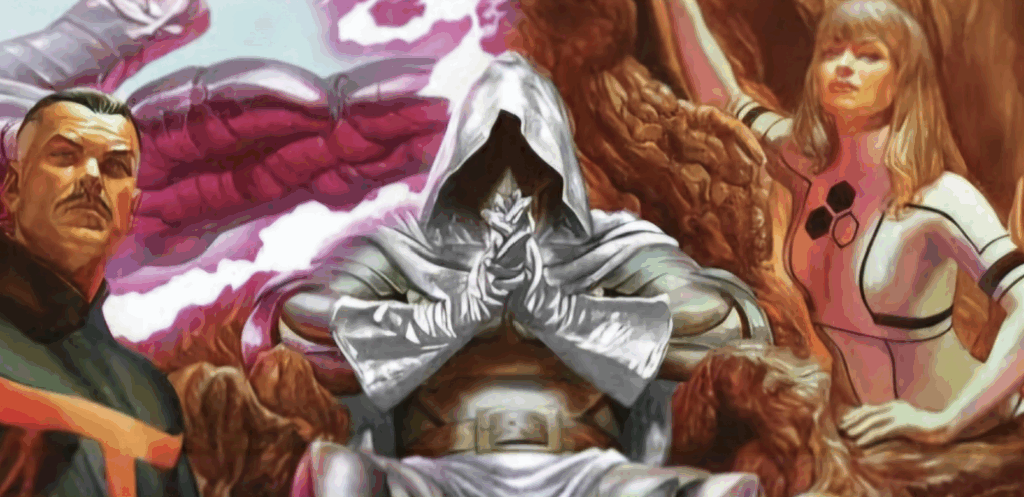
Jonathan Hickman’s Secret Wars is a stunning, apocalyptic tale that reshaped the Marvel
Universe but only after years of setup across multiple titles. The story throws readers into a
collapsing multiverse where Doctor Doom becomes a god, the Fantastic Four are central to
everything, and entire worlds collide.
It’s brilliant for longtime readers who’ve followed Hickman’s Avengers, New Avengers, and
Fantastic Four runs. But for newcomers, it’s like walking into the final season of a show with
zero context.
- Avengers vs. X-Men (2012)
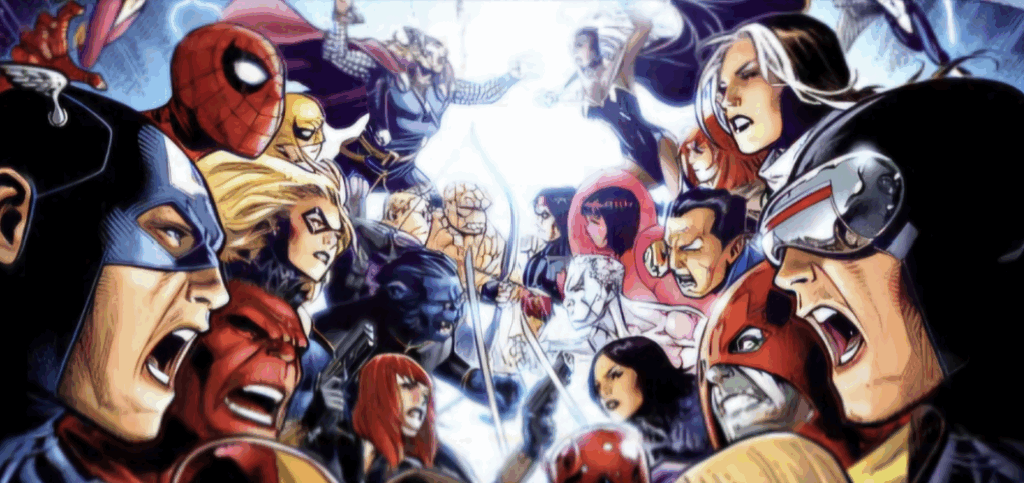
At first glance, the plot of a major crossover event that pits Earth’s Mightiest Heroes against the
Children of the Atom sounds like a great place to start, but this couldn’t be further from the truth.
Avengers vs. X-Men is packed with years of mutant lore, Phoenix Force backstory, and character
dynamics that are hard to follow without serious homework.
From Hope Summers’ Messiah status to Cyclops’ dark transformation, this event is emotionally
charged if you’ve read the dozen other stories leading up to it. Otherwise, it just feels like heroes
fighting for reasons you don’t fully understand.
- X-Men: Inferno (1988)
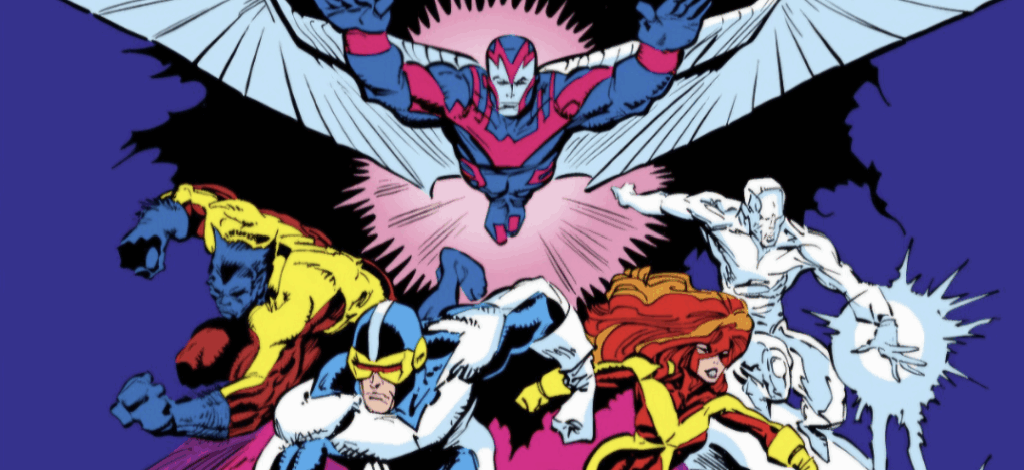
Inferno is a demonic, twisted ride through New York, featuring Madelyne Pryor (the Goblin
Queen), Illyana Rasputin’s dark magic, and the corruption of the X-Men. It’s got horror, body
horror, clones, and baby sacrifices.
But the X-Men franchise in the late ‘80s was already tangled in continuity, and Inferno doesn’t
pause to explain anything. The events of The New Mutants, X-Factor, and Uncanny X-Men all
intersect here and if you don’t know who’s who, it’s a confusing mess of identical faces and half-
explained grudges.
- The Clone Saga (1994–1996)
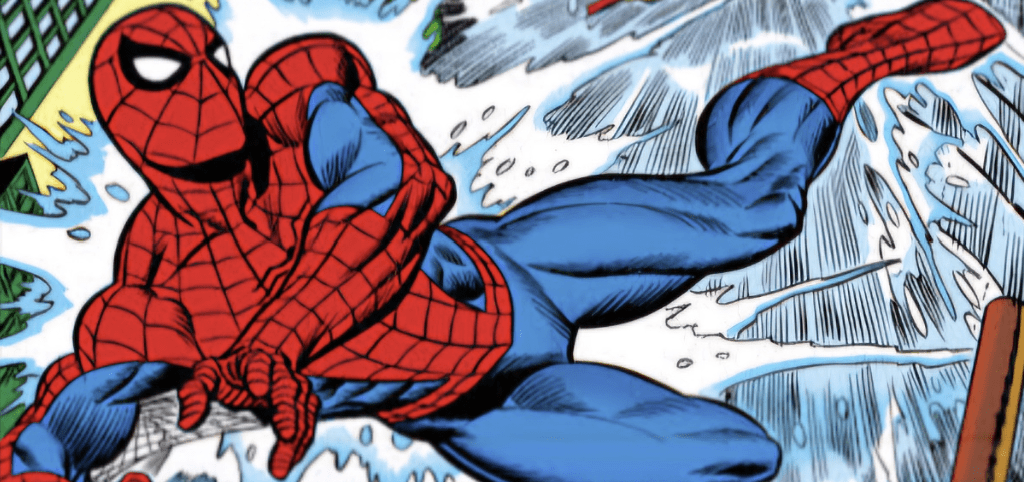
It starts out as a mysterious story about Peter Parker encountering his clone and then spirals into
a convoluted saga involving identity crises, new villains, secret conspiracies, and a fake-out that
almost replaced Peter as Spider-Man permanently.
The story ran across multiple titles and stretched on for two exhausting years, confusing even
diehard fans. For newcomers, it’s a headache of finding who the real Spider-Man is.
- Ultimatum (2009)
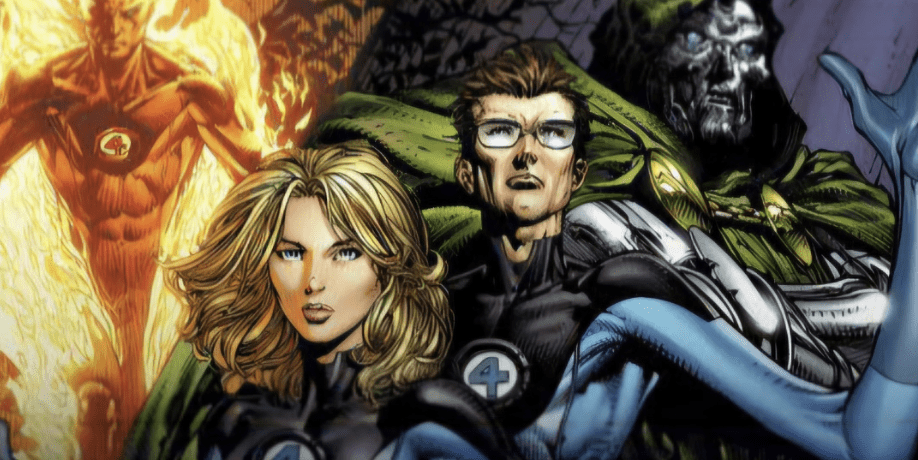
If you thought Marvel’s Ultimate universe was a good place for new readers, think again.
Ultimatum was supposed to reboot the line and raise the stakes. Instead, it turned into a grim,
brutal bloodbath that killed off fan favorites with little ceremony.
Characters die left and right, often in shock-value scenes that lack buildup or emotional weight.
Without knowing how the Ultimate Universe differs from the main continuity, Ultimatum reads
like chaos for chaos’ sake.
- Infinity (2013)
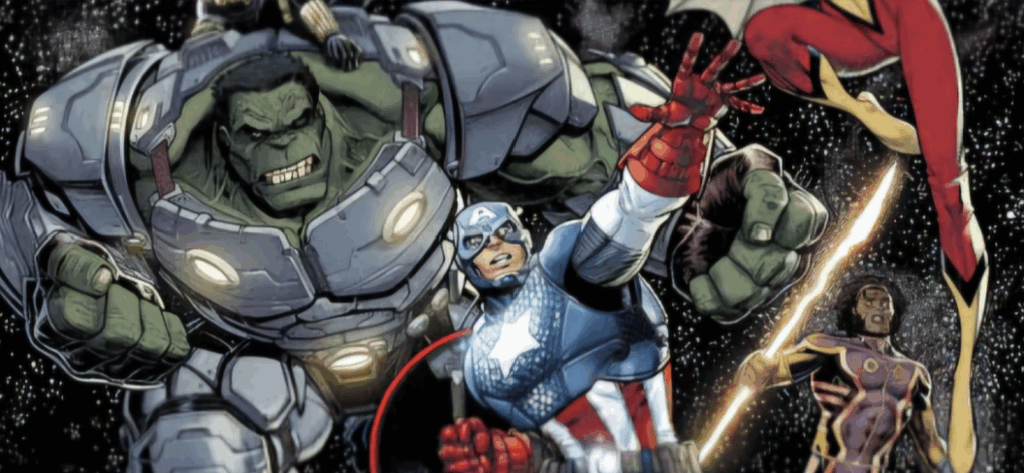
Jonathan Hickman’s Infinity is an epic, cosmic war saga involving the Builders, the Inhumans,
Black Bolt, Thanos, and dozens of Marvel factions across the galaxy.
It’s visually stunning and conceptually massive, but it assumes the reader already understands
the complex cosmic hierarchy, multiple Avengers teams, and the seeds planted in earlier
Hickman arcs. Without that, it’s just a whirlwind of cool battles and unfamiliar politics.

